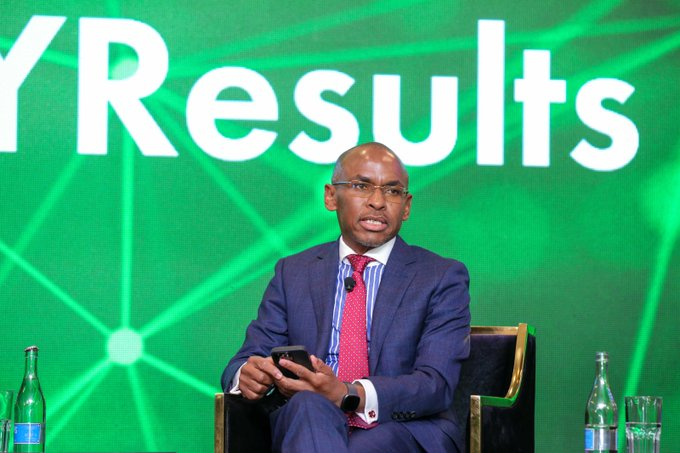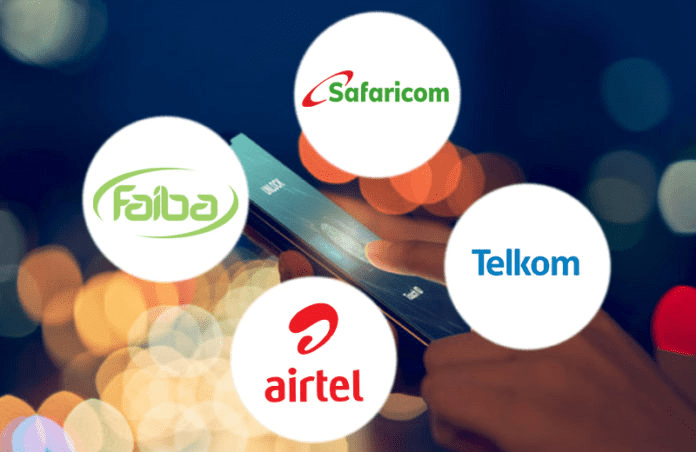Telkom has been on a path to grow its business for a long time now. Back in 2017, it revamped its brand with a new vision, and later on, launched 4G services. The company also launched a new mobile money product named T-Kash with a different approach in the manner customers access their funds on their wallets.
The recent development was a hyped merger with Airtel Kenya, but the exercise was plagued by politics, controversies and many missing links that saw it being abandoned altogether.
In august 2020, Telkom chose to restructure its business to meet the demands of digital services. The development was also marked by laying the foundation for long-term goal to become a leading tech partner to its customers and clients.
According to the telco, it is committed to the following goals (verbatim):
- better positioning our infrastructure asset base and services to drive digital transformation within the Consumer, SME, Corporate and Public Sectors;
- creating a smart landing hub for submarine cables that would act as the gateway to the East African region and beyond;
- bridging the consumer digital divide through the expansion of our 4G/LTE network;
- up-skilling our employees to be future-fit, to be able to serve the evolving needs of our customers.
The reorganization was done to meet the terms of the focus areas stated. Its structure was grouped into Telkom Consumer and Telkom Digital. The structures were based on the need to simplify the customer journey while creating more value for them.
The next phase of the transformation is here. It is still based on the named focus areas, and seeks to see that customers are catered for as their demand for robust infrastructure and data services increase.
The company has now created two 100 percent wholly-owned subsidiaries to house its Digital and Financial Services business.
However, the Consumer Service Delivery Unit will remain within the carrier.
Telkom notes that the units will not be accompanied by job losses.





























